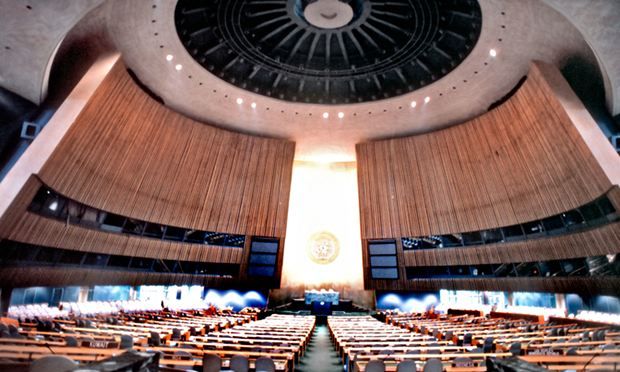Amidst Pakistan’s efforts to crack down on illegal immigrants, including Afghan nationals, the United Nations High Commissioner for Refugees (UNHCR) and the International Organisation for Migration (IOM) have announced their readiness to provide support in registering and managing Afghan individuals residing in the country.
The Pakistani government recently issued an ultimatum to undocumented immigrants, instructing them, including Afghan nationals, to leave the country by October 31st, with the threat of imprisonment and deportation looming for those who fail to comply. This decision was made during a meeting of the apex committee, presided over by Prime Minister Anwaarul Haq Kakar and attended by Chief of Army Staff (COAS) General Asim Munir, among other high-ranking officials.
Under the new policy, border crossings are to be governed by passports and visas, with electronic Afghan identity cards, known as e-tazkiras, only being accepted until the end of October. Following this deadline, authorities plan to initiate an operation targeting illegal properties and businesses either owned by immigrants or run in collaboration with Pakistani nationals.
This move has prompted reactions from Afghan authorities, with Zabihullah Mujahid, a spokesperson for the Afghan Taliban, deeming it “unacceptable” and calling on authorities to reconsider.
In a joint statement issued recently, the UNHCR and IOM emphasized their longstanding and robust collaboration with Pakistan. They expressed their readiness to assist in developing a comprehensive and sustainable mechanism for registering and managing Afghan nationals, including those who may require international protection.
Furthermore, the UN agencies appealed to Pakistan to uphold its commitment to protecting vulnerable Afghans who have sought refuge in the country and may face serious risks if forcibly repatriated. They urged all countries to halt the forcible return of Afghan nationals and ensure that any potential returns are conducted in a safe, dignified, and voluntary manner.
The agencies also highlighted the dire humanitarian crisis in Afghanistan, marked by numerous human rights challenges, particularly affecting women and girls. They cautioned that plans for forced repatriation could lead to severe human rights violations, including family separations and the deportation of minors.
Despite criticism from various quarters, including international organizations like the UNHCR and Amnesty International, Pakistan remains firm in its repatriation plan. Caretaker Foreign Minister Jalil Abbas Jilani defended the policy, asserting its alignment with international practice. He emphasized that Pakistan had engaged in extensive discussions with Afghanistan regarding the migrant issue and called upon international humanitarian agencies to assist in the process.
Pakistan’s Foreign Office spokesperson, Mumtaz Zahra Baloch, clarified that the crackdown on undocumented immigrants was not targeting any specific ethnic group. She elaborated that the expulsion process would begin with individuals having criminal records, such as those involved in criminal activities or smuggling. Baloch stressed that the process would follow a methodical approach, dispelling misconceptions that all undocumented immigrants would be expelled simultaneously.
Recent reports indicate that the new policy has accelerated the return of Afghan families to their country via the Torkham border crossing. In addition, provincial authorities in Punjab have collected preliminary data on foreign residents and have urged foreign nationals residing illegally to depart voluntarily. Sindh Apex Committee identified areas in the province with concentrations of illegal Afghan nationals.
Meanwhile, Islamabad police reported that out of the 1,126 foreign nationals detained, more than 600 were able to provide valid documents, enabling their release. In Quetta, over 200 allegedly illegal Afghan residents were arrested earlier this week, while Karachi police detained 51 illegal Afghan immigrants during an operation in Sohrab Goth’s Afghan Camp.
As the situation evolves, international attention remains on the plight of Afghan refugees and the need for a coordinated approach to address their challenges.














